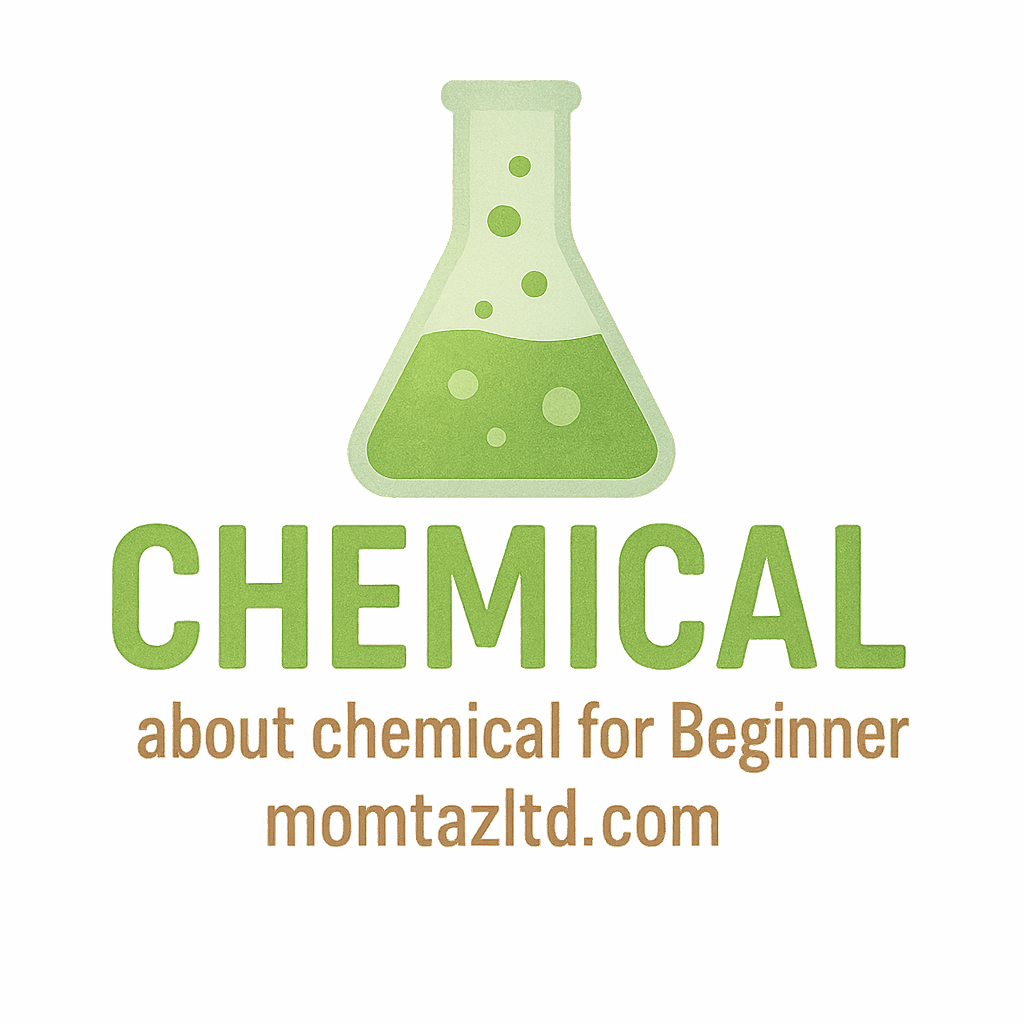Introduction
Stepping into the world of chemistry can feel like opening the door to a magical lab full of bubbling flasks, colorful reactions, and endless curiosity. But let’s be real—chemicals aren’t toys. They’re powerful substances that can transform lives positively or cause accidents if handled carelessly. If you’re just starting out, you need a clear roadmap of what to do and what not to do. That’s why we’ve put together these 11 do’s and don’ts for chemical beginner learners to help you stay safe and confident.
Whether you’re experimenting at home, starting a school lab, or considering a career in chemistry, these tips will give you the foundation you need.
Why Beginner Learners Need Chemical Do’s and Don’ts
Chemistry is exciting, but beginners often jump into experiments without truly understanding the risks. From mixing the wrong household chemicals to underestimating lab safety rules, small mistakes can lead to dangerous situations. Do’s and don’ts act like a safety manual, helping you avoid accidents and learn faster.
The Importance of Chemical Safety
Chemical safety isn’t just about rules—it’s about protecting yourself and those around you.
Everyday Risks with Chemicals
Think about the cleaning products in your kitchen or the fertilizers in your garden. These are everyday chemicals. Used correctly, they’re helpful. But misuse them, and you could cause burns, fires, or harmful fumes.
Why Beginners Often Overlook Hazards
Beginners sometimes think, “It’s just a little chemical, what could go wrong?” This mindset can lead to accidents. Chemistry is powerful—even a teaspoon of the wrong mix can create toxic reactions.
11 Do’s for Chemical Beginners
Do #1: Start with Basic Chemical Knowledge
Before you dive into experiments, understand the basics. Learn about chemical names, labels, and hazard symbols. You can explore resources like Chemical Basics to get started.
Learn simple terms before complex reactions
Don’t stress about mastering big equations right away. Get comfortable with terms like acids, bases, solvents, and reactions.
Do #2: Wear Proper Safety Gear
Safety goggles, gloves, and lab coats aren’t just for scientists in movies. They’re your first line of defense against splashes, spills, or accidental contact.
Do #3: Store Chemicals the Right Way
Improper storage is one of the biggest beginner mistakes. Always follow chemical storage guidelines. Keep flammable items away from heat, and never store chemicals in water bottles.
Do #4: Label Everything Clearly
Imagine reaching for water and accidentally picking up a beaker of ethanol. Clear labeling prevents confusion and accidents.
Do #5: Work in a Ventilated Space
Good airflow reduces the risk of inhaling toxic fumes. Always use fume hoods in labs, or open windows if you’re at home.
Do #6: Follow Instructions and Guidelines
Chemistry isn’t about guessing. Stick to lab manuals, professional advice, and instructions on household chemicals.

Do #7: Dispose of Chemicals Safely
Pouring everything down the drain isn’t safe. Learn about proper chemical disposal. Some chemicals need neutralizing; others require special bins.
Do #8: Learn from Experts and Mentors
Books and websites help, but nothing beats learning directly from teachers or experienced chemical scientists.
Do #9: Keep a First Aid Kit Ready
Accidents happen—even with the best safety. Having a first aid kit with burn cream, bandages, and eye wash can save critical minutes.
Do #10: Document Your Experiments
Keep a notebook. Write down what you tried, what worked, and what didn’t. This habit builds discipline and helps you avoid repeating mistakes.
Do #11: Stay Curious but Responsible
Curiosity drives discovery. But balance it with caution. Remember, safety always comes first in every lab experiment.
Common Mistakes Beginners Make with Chemicals
Most beginners make the same errors: skipping safety gear, forgetting ventilation, and not labeling substances. Recognizing these patterns early can help you avoid repeating them.
How to Build Confidence in Learning Chemistry
Start small. Practice with safe laboratory chemicals, work under supervision, and gradually take on bigger challenges. With time, your skills will grow naturally.
Final Thoughts on Beginner Chemical Safety
Chemistry is fascinating, but safety is non-negotiable. By following these 11 do’s and don’ts for chemical beginner learners, you’ll gain the confidence to explore without unnecessary risks.
Conclusion
Chemistry isn’t about fear—it’s about respect. Handle chemicals responsibly, and they’ll unlock endless possibilities for you, from science projects to careers in research. Remember, curiosity is the spark, but safety is the shield. Combine both, and you’ll enjoy the best of the chemical world.
FAQs
1. Can I start chemistry experiments at home as a beginner?
Yes, but stick to safe household items and follow home tips for safe practices.
2. What’s the most important do for chemical beginners?
Wearing safety gear. It’s your best defense against accidents.
3. What chemicals should I avoid as a beginner?
Avoid strong acids, industrial solvents, or anything labeled highly toxic.
4. Can I dispose of chemicals in the sink?
Not always. Check learn from experts for proper disposal methods.
5. Why shouldn’t I work alone in chemistry?
Because accidents happen fast. Having someone around ensures quick help.
6. Are household chemicals dangerous?
Yes, if misused. For example, mixing bleach and ammonia is highly toxic.
7. Where can I learn more about beginner chemistry?
Explore resources at Momtaz Ltd for guidance and inspiration.


